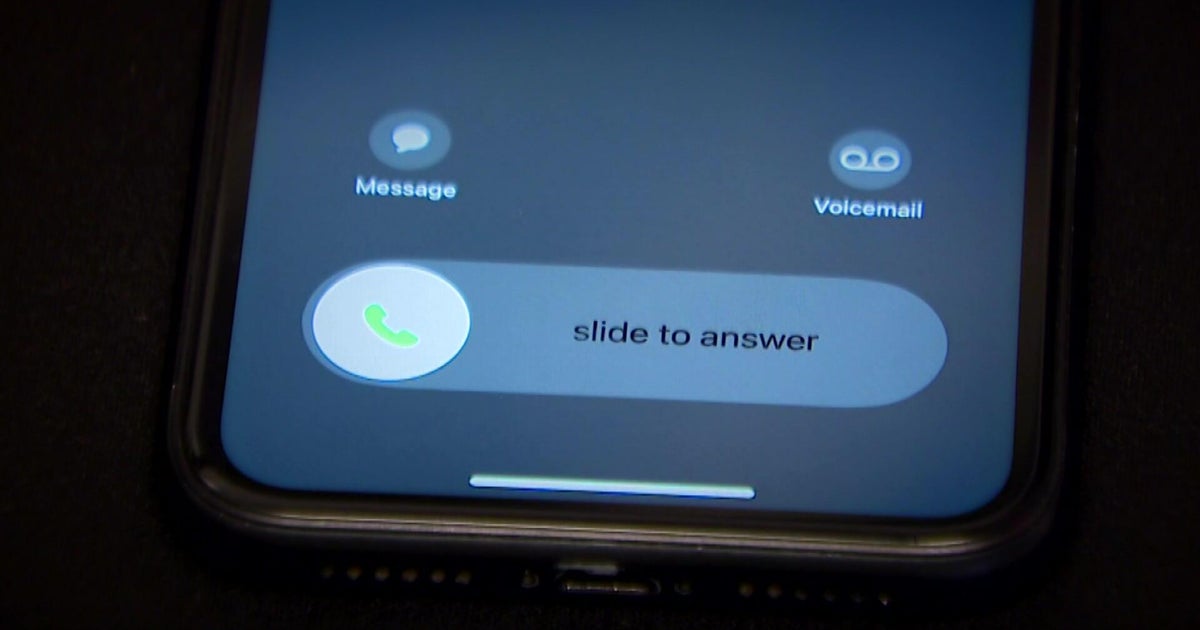When does it make sense to withdraw early from a CD?
Certificates of deposit (CD) accounts are a popular investment option due to their safety and predictable returns. And, they're even more attractive right now because the rates on these interest-bearing accounts far surpass what can be earned with a regular savings account — and even some high-yield savings accounts. In fact, there are plenty of CDs offering rates above 5.5% today, which has helped boost interest in this investment option.
In return for those high rates, you agree to leave your money deposited for the full CD term. If you withdraw your money from the CD before it matures, you'll typically have to pay a penalty. And, those fees typically wipe out some or all of the interest you've earned to that point, so it's best to leave your money alone until the CD term expires.
That said, life is unpredictable, and there may come a time when you need to access your CD funds before the CD has matured. But when does it make sense to withdraw your money from a CD early — and what are the alternatives you should consider instead?
Explore the top CD account options available to you here.
When does it make sense to withdraw early from a CD?
There are a few situations in which it could make sense to withdraw your money from a CD before it matures, including:
Financial emergency
If you encounter an unexpected financial crisis, such as a growing stack of medical bills or urgent home repairs, and you don't have sufficient cash reserves, it may be wise to withdraw from your CD early. In these cases, the early withdrawal penalty might be outweighed by the immediate financial relief — especially compared to borrowing money in a high-rate environment.
Higher-yield investment opportunity
If you come across an investment opportunity with significantly higher returns than your CD's interest rate and you believe the potential gain outweighs the penalty, it could make sense to liquidate your CD. Just be careful and make sure you understand all of the terms for the new investment opportunity to ensure that it aligns with your expectations and financial goals.
Significant rate increase
In a rising interest rate environment, you may consider an early CD withdrawal if you locked in your funds at a lower rate, and you can reinvest the money into a new CD offering a higher interest rate. Be sure to calculate if the penalty negates the potential gain, though, as you'll typically need to forfeit some or all of the interest you've earned to that point in return for withdrawing your money.
Pressing financial goal
If you have a pressing financial goal, such as a down payment on a home, and the CD funds are necessary to meet that goal, withdrawing early could be justifiable, even with a penalty. But again, make sure that it's actually a time-sensitive situation. Otherwise, it could be worth waiting until the CD matures to gain access to the interest earnings as well as the principal.
Unforeseen life changes
Life events like divorce, job loss or unexpected relocation may necessitate early access to your savings. In such cases, the penalty for withdrawing your money early might be a secondary concern compared to addressing these life changes.
Find out how today's top CD rates could benefit you here.
Alternatives to early CD withdrawal
While early CD withdrawal can be an option in certain situations, it's essential to explore alternatives that may minimize penalties and help you achieve your financial goals more efficiently. Some of the better alternatives to early CD withdrawal include:
- CD laddering: CD laddering involves dividing your total savings into multiple CDs with different maturity dates. This strategy allows you to regularly access some of your funds without incurring penalties while benefiting from higher interest rates on longer-term CDs.
- Liquid savings account: Maintaining a separate savings account with readily accessible funds can serve as a buffer for unexpected expenses, reducing the need for early CD withdrawal.
- Emergency fund: Building and maintaining an emergency fund equivalent to at least three to six months' worth of living expenses can provide peace of mind during financial crises, reducing the need of tapping into CDs prematurely.
- Credit lines or loans: In some cases, it may be more cost-effective to explore personal loans or lines of credit instead of withdrawing from your CD. These options can provide access to the necessary funds while keeping your CD intact.
- Partial withdrawals: Some banks offer the option for penalty-free partial withdrawals from CDs, which allows you to access a portion of your funds without affecting the entire balance.
- Early withdrawal waivers: In certain circumstances, banks may grant waivers on CD withdrawal penalties, such as when the account holder passes away or becomes disabled. However, that's not the case in every situation, so check with your financial institution for the specific policies related to your CD account.
The bottom line
Withdrawing money from a CD before it matures should be a well-considered decision, as it typically comes with penalties that can reduce your earnings. However, there are situations where it makes sense to prioritize immediate financial needs or opportunities over the penalties incurred. Still, be sure to always weigh the costs and benefits and explore alternative options first, such as CD laddering and maintaining an emergency fund, to help you navigate unexpected financial challenges more effectively.




